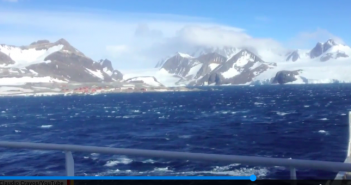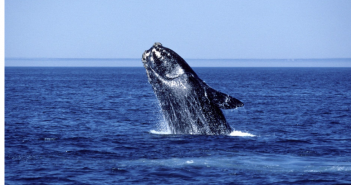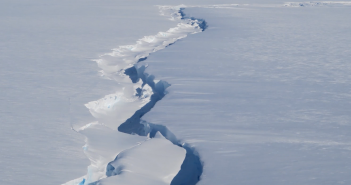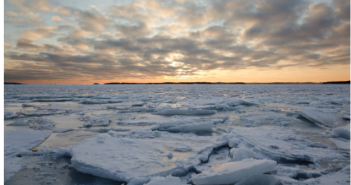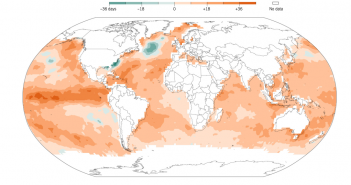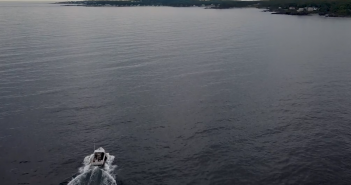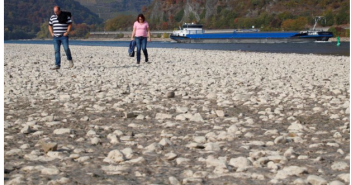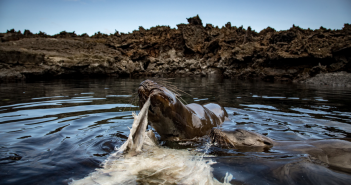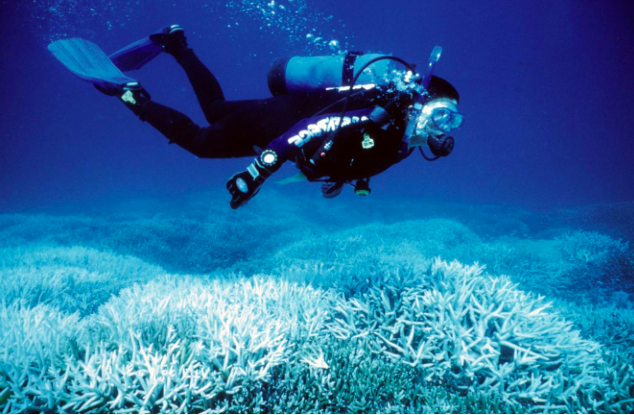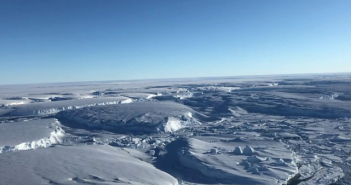
Ice Melting in Antarctica and Greenland Faster than Expected
The ice is melting even faster than scientists had thought in Greenland and Antarctica. Indeed, a new study found that the ice sheets there are melting six times faster now than they were in the 1990s, contributing to about a third of the rise in sea levels, with implications for coastal flooding and erosion. Here’s a report from the BBC: Earth’s great ice sheets, Greenland and Antarctica, are now losing mass six times faster than they were in the 1990s thanks to warming conditions. A comprehensive review of satellite data acquired at both poles is unequivocal in its assessment of…

